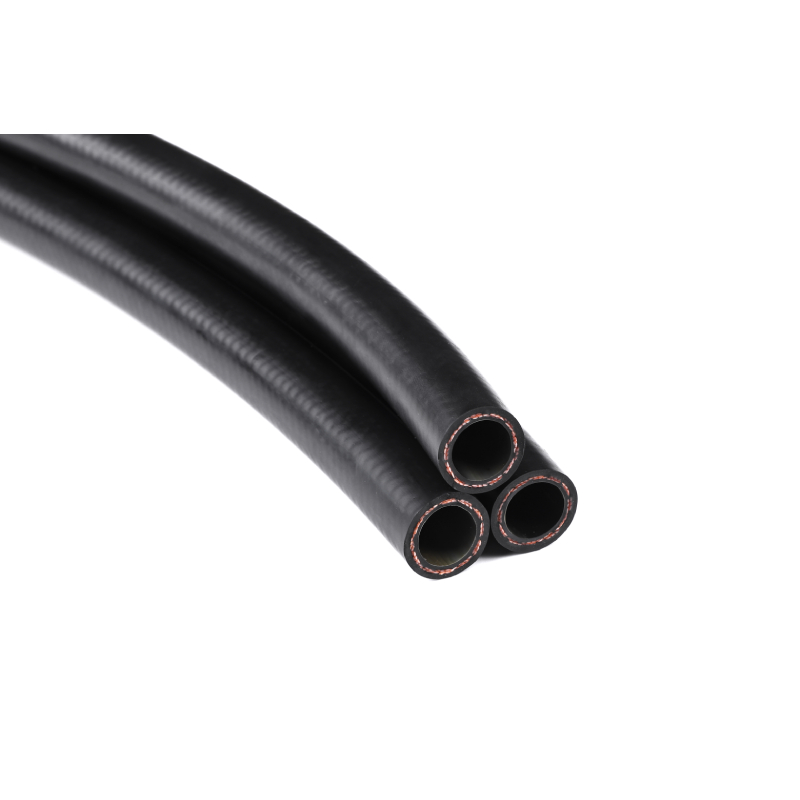Understanding the Importance of Proper Maintenance for Trailer Hydraulic Brake Lines and Connections
júl . 28, 2024 07:24 Back to list
Understanding the Importance of Proper Maintenance for Trailer Hydraulic Brake Lines and Connections
Understanding Trailer Hydraulic Brake Lines A Key Component for Safety and Performance
When it comes to towing trailers, whether for recreational, commercial, or agricultural purposes, safety is paramount. One of the critical components in ensuring that a trailer stops effectively and reliably is the hydraulic brake line system. This system plays an essential role in the overall braking efficiency of the trailer, and understanding its function can help users maintain their trailers better and ensure safer travels.
What are Hydraulic Brake Lines?
Hydraulic brake lines are part of a hydraulic braking system, which uses fluid to transfer force from the brake pedal to the brake system itself. In simpler terms, when a driver presses the brake pedal on their towing vehicle, it creates pressure in the brake fluid. This pressure travels through the hydraulic brake lines to the trailer’s brakes, activating them. This system is preferred for trailers as it provides superior stopping power compared to traditional mechanical systems, especially when dealing with heavier loads.
Components of the Hydraulic Brake System
The hydraulic brake system of a trailer is composed of several key components
1. Brake Lines These are pipes or hoses that carry brake fluid from the towing vehicle to the trailer’s brake assembly. They must be durable and resistant to corrosion, as they are often exposed to various weather conditions and road debris.
2. Brake Actuator This is a critical component that senses the braking action of the towing vehicle and activates the braking system on the trailer. It can either be electric or hydraulic, but hydraulic actuators are widely preferred for their responsiveness.
3. Brake Calipers and Discs/Wheel Cylinders These components perform the actual braking by applying pressure to the brake pads or shoes against the rotors or drums, allowing the trailer to stop.
4. Reservoir This holds the brake fluid, which is essential for creating the hydraulic pressure required to activate the brakes.
trailer hydraulic brake lines

Maintenance and Troubleshooting
Maintaining hydraulic brake lines is crucial for ensuring the safety and performance of a trailer. Here are some essential tips
- Inspect Regularly It's vital to check brake lines for signs of wear, rust, or leaks. Cracks or deterioration of the lines can lead to brake failure.
- Check Fluid Levels Regularly inspect the brake fluid reservoir to ensure it is filled to the recommended level. Low fluid can lead to reduced braking effectiveness.
- Bleed the Brakes Air bubbles can accumulate in hydraulic brake lines, leading to a spongy brake feel. Bleeding the brakes regularly will remove any trapped air, ensuring a firm pedal response.
- Proper Storage If the trailer is not in use for an extended period, store it in a dry, sheltered environment to prevent damage to the brake lines.
The Importance of Professional Assistance
While basic maintenance can often be performed by trailer owners, some issues may require professional expertise. Licensed mechanics are trained to identify and remedy complex brake system problems. Additionally, if upgrading or replacing brake components, it is advisable to consult with a professional to ensure compatibility and performance.
Conclusion
Hydraulic brake lines are a fundamental part of a trailer’s braking system, providing the necessary stopping power crucial for safe towing. By understanding how these components work and maintaining them appropriately, trailer owners can enhance their safety on the road and prolong the life of their equipment. Proper maintenance and timely repairs of hydraulic brake lines are not just about compliance; they are about ensuring the safety of everyone on the road.
